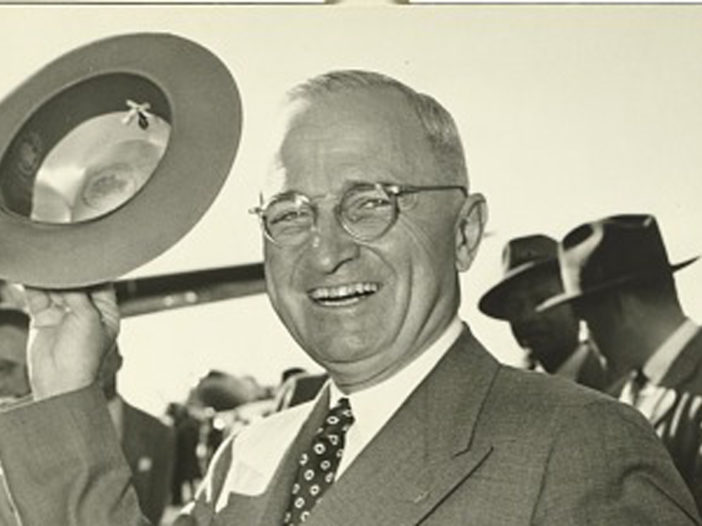
So far, 2021 is turning out just as we expected: A little turbulent, a lot more focused, and of course, still fraught with anxiety leavened by hope. Much of this relates to our government’s ability to manage the end of the paralyzing pandemic while also rebuilding an economy that has left far too many people scrambling. We have talented and committed people in government and we need them to be successful on our behalf. So I’m hoping that policymakers and business leaders will take the time to check out a few new good books. After all, as Harry Truman noted: “Not all readers are leaders, but all leaders are readers.”
First, let’s recognize that democracy might be imperfect, but the alternatives are worse. Just ask award-winning correspondent and China expert Kai Strittmatter and read his fascinating book: We Have Been Harmonized: Life in China’s Surveillance State, an in-depth, in country, in person account of how China’s government is using technology, especially artificial intelligence, to intercept, monitor, and track conversations, online posts, and day to day movements of its citizens, all with an eye toward enforcing a chilling, rigid ideology centered on ensuring absolute loyalty to the ruling Communist Party and its current head, Xi Jinping. Innovation and tech industry dominance now are the main policy goals in China, but the overall outlook for human rights appears pretty bleak. Any CEO doing business in China and any policymaker trying to make sense of regulation for the fast-moving field of AI should read this book.
We can and should approach policy differently here in Massachusetts and throughout the US. HBS Professor Mitchell Weiss, former staff chief for Boston Mayor Tom Menino, thinks so too and in his new engaging book We The Possibility, he suggests a positive and entrepreneurial shift to “Possibility Government” and provides plenty of tips and examples for reframing missions around problems, not resources, and watching and engaging citizens as “users,” instead of assuming next steps based on what’s worked before. Weiss’ calls to action are smart, practical and compelling and he’s correct in noting that the “idea that governments can’t pursue possibility will prove the hardest idea to displace.” Weiss also salutes economist Mariana Mazzucato, whose recent book The Entrepreneurial State, is one of my favorites, especially when she reminds us that every technology on which industry giants, Apple, Google, and Tesla and others, depend can be traced back to innovating thinking and applied research funded by “the State.” We need to recognize and celebrate leaders who think broadly and take reasonable policy risks.
An informed, patient and supportive electorate also will be necessary to move beyond the current malaise and maybe more than a few of us should share our unique and personal passions as part of rebuilding the economy and community. If that might be you, check out The Passion Economy, by Adam Davidson, host of NPR’s Planet Money podcast; it’s a fun, inspiring, must-read compilation of stories of average people doing just that!
These are challenging times and as Truman and other leaders have noted, we need to rebuild together. Whether as a policymaker, CEO, investor, entrepreneur or just as thoughtful and active citizen, now is the time for all us to play our part! Reading these terrific and insightful books is a start in that right direction.
Authors & Innovators is an occasional column by Larry Gennari, a transactional lawyer, law professor, and chief curator of Authors & Innovators, an annual business book and ideas festival. Gennari also teaches Project Entrepreneur, a business fundamentals bootcamp for returning citizens, at BC Law School.




